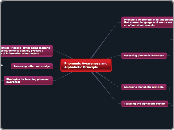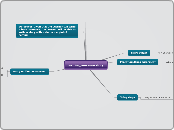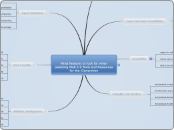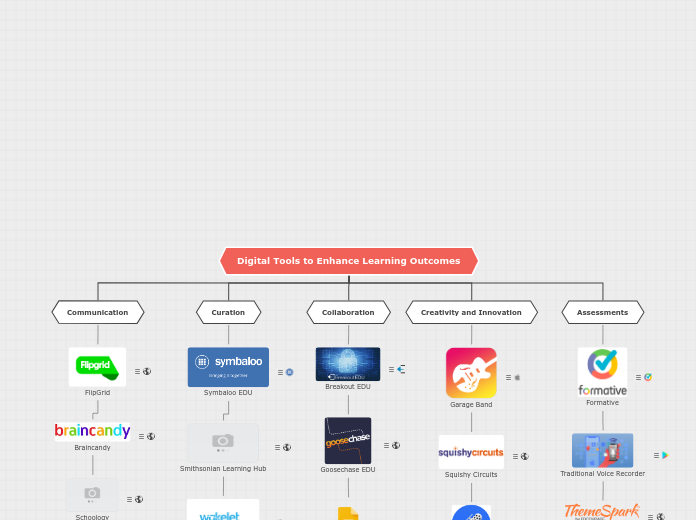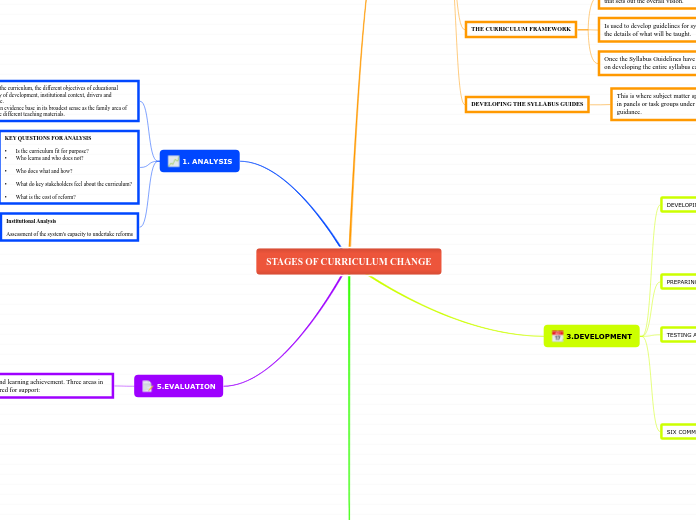av Dustin Brend för 13 årar sedan
647
Phonemic Awareness and Alphabetic Principle
Teaching phonemic awareness and the alphabetic principle involves an integrative approach that combines understanding spoken language with recognizing and forming letters. Phonemic awareness focuses on identifying and manipulating the individual sounds that make up words, while the alphabetic principle connects these sounds to specific letters.
